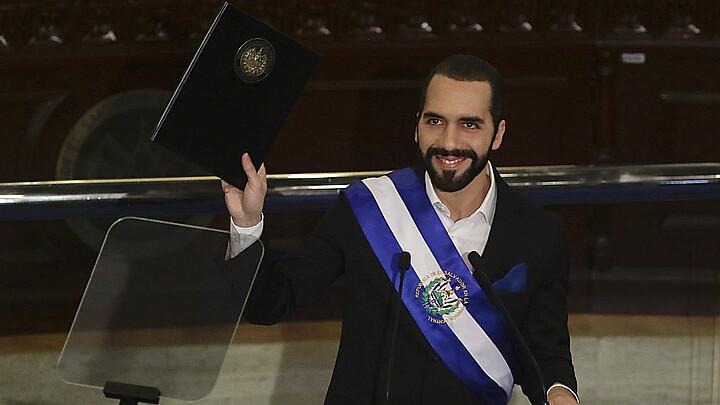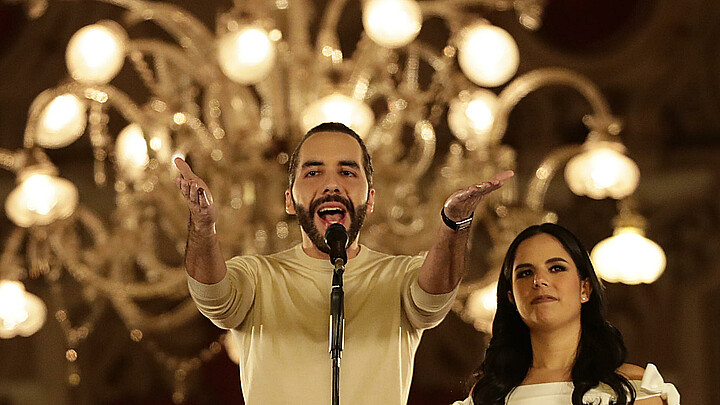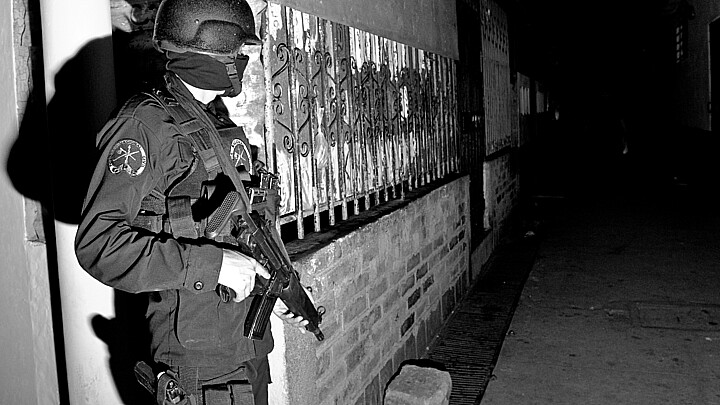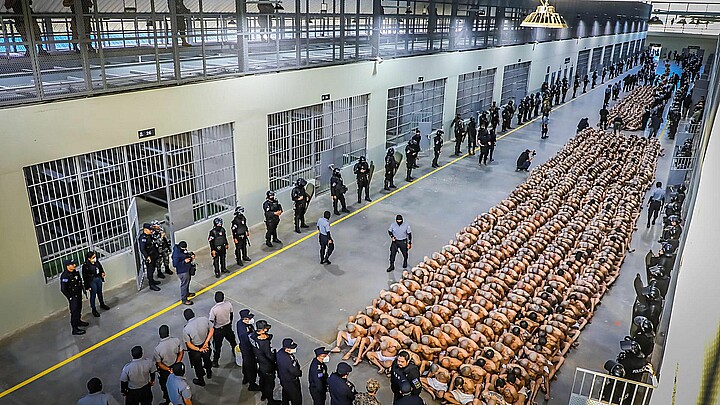Politics
El Salvador destroyed gang members’ tombstones amid gang crackdown
The inmates were sent to cemeteries with sledgehammers and pry bars and were told to break all the tombs belonging to gang members
November 3, 2022 7:40am
Updated: November 3, 2022 2:56pm
El Salvador’s government ramped up its efforts to fight gang violence by sending inmates to destroy the tombs of other gang members during the time of year when Salvadorans typically visit the graves of their loved ones.
The inmates were sent to cemeteries with sledgehammers and pry bars and were told to break all the tombs that had the “MS” mark indicating that they belonged to the Mara Salvatrucha gang.
Los criminales habían hecho tumbas con distintivos de pandillas para "honrar" a sus cómplices que ya fallecieron.
— PenalesSV (@PenalesSV) November 1, 2022
Pero el tiempo de los terroristas, llegó a su fin, y por ello fueron DESTRUIDAS.
NO MÁS PANDILLAS EN EL SALVADOR.#GuerraContraPandillas pic.twitter.com/AsuoejZGYb
In the San Salvador suburb of Santa Tecla, the inmates destroyed almost 80 tombstones in the municipal cemetery, said Santa Tecla Mayor Henry Flores.
Additionally, the inmates were ordered to erase all gang-related graffiti they encountered.
“Our plan is that there is no graffiti so the people feel safe,” Flores said.
En El Salvador, destruyen tumbas con distintivos de pandillas.
— Yisell Arévalo (@YisellArevalo) November 2, 2022
📹: @ChrisGuevaraG pic.twitter.com/cx4bPRkHcl
On March 27, Bukele declared a state of emergency to temporarily suspend constitutional protections after the country saw a dramatic rise in homicides. Over four days, 89 people were killed, compared to 79 in all of February.
Under the state of emergency, Bukele reformed the country’s penal code to increase jail time for gang members and try minors who are alleged gang members to be tried as adults.
Additionally, the government has limited freedom of association, suspended constitutional protections for those being arrested, and phone calls and emails can be intercepted without court orders.
Since then, the Salvadoran government claims to have arrested more than 56,000 people that have ties to gangs.
However, several human rights organizations and NGOs have criticized Bukele's measures, claiming that many arrests have been arbitrary and innocent people have been arrested instead.










